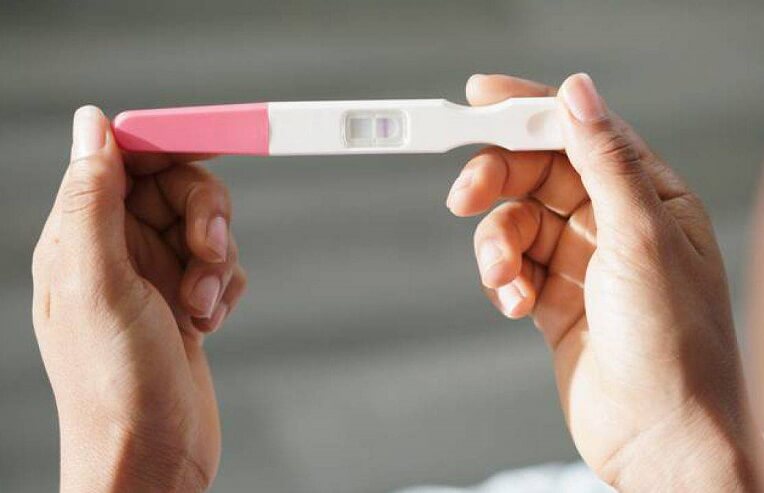7 Ways Weight Loss Can Affect Your Fertility
Fertility challenges can be a deeply personal struggle for any woman trying to conceive. But the struggle intensifies if you have both weight and fertility challenges. Weight is an often overlooked factor influencing fertility. In this article, we’ll discuss the connection between weight and fertility, and how weight loss may be able to improve your […]
7 Ways Weight Loss Can Affect Your Fertility Read More »










